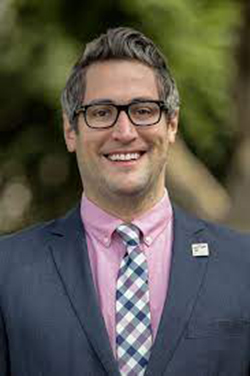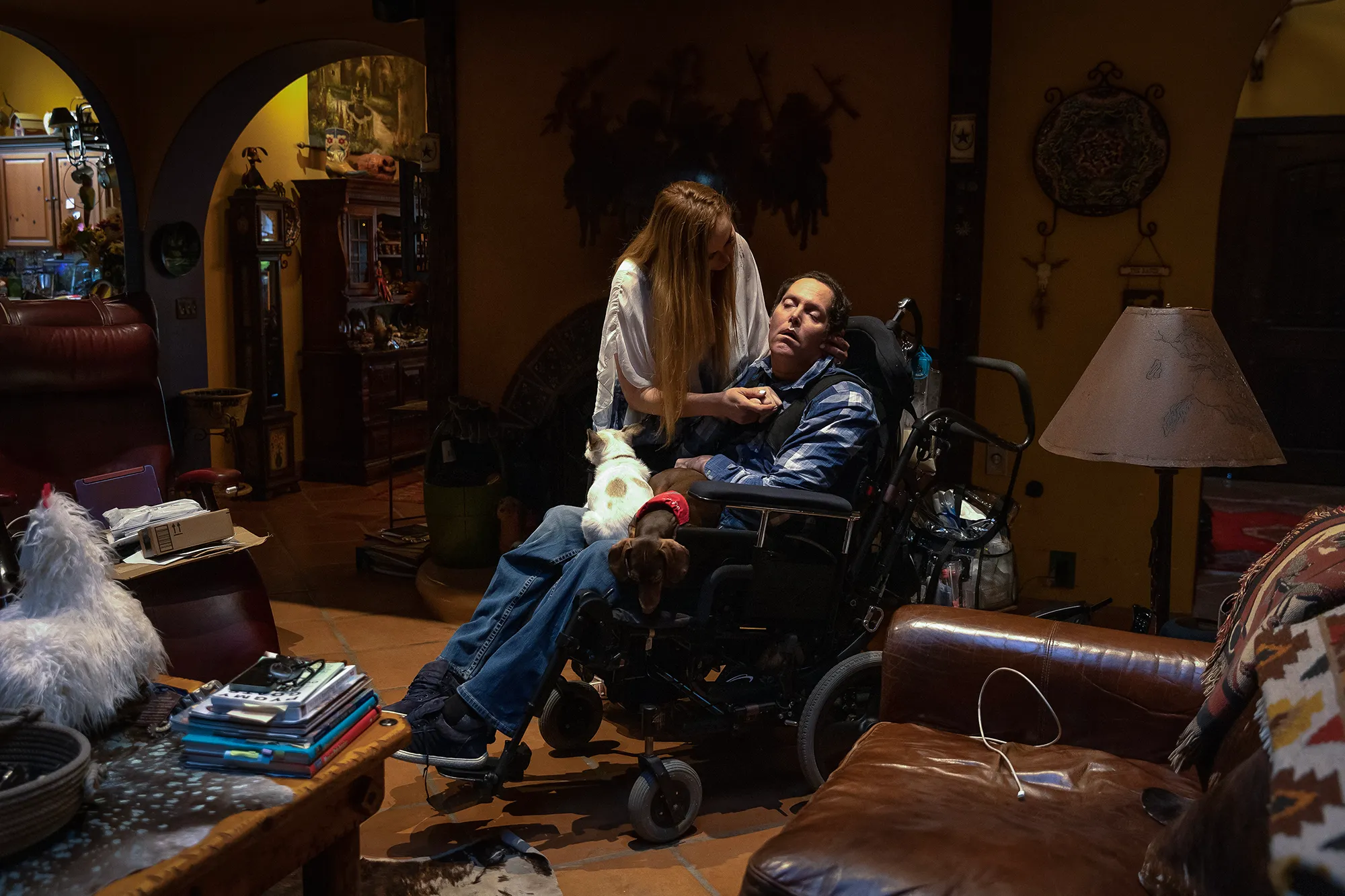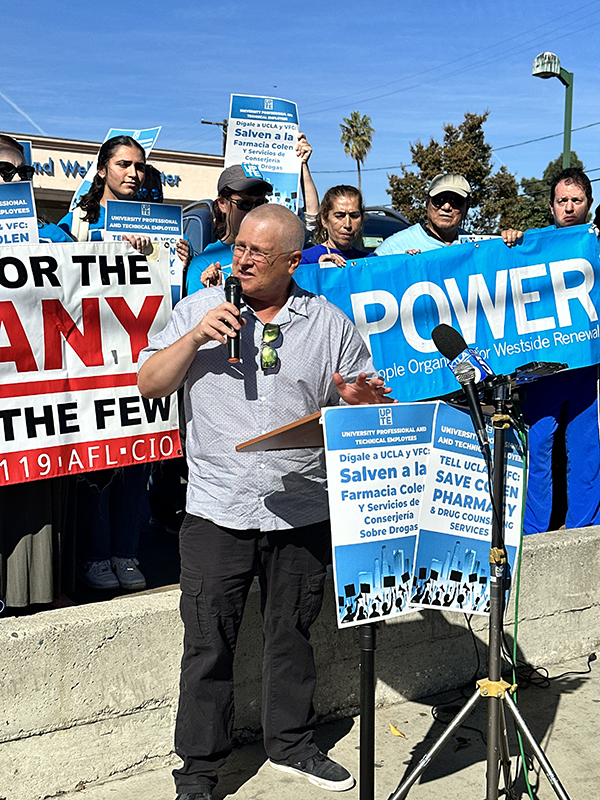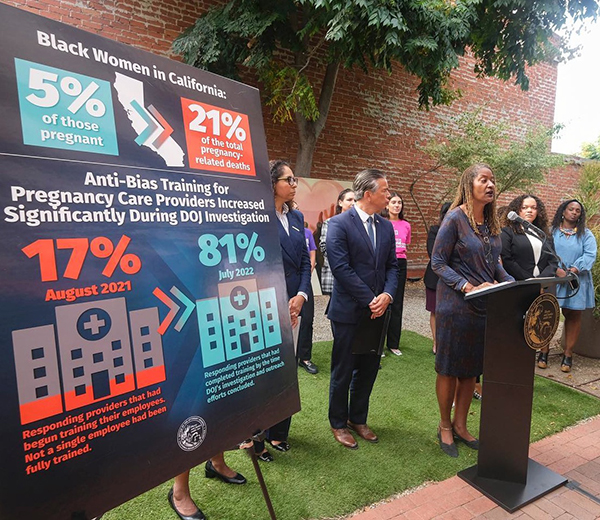Independent Staff Report
WEST HOLLYWOOD — The city is getting the word out that the Red Cross is starting community outreach for a pilot study focused on the U.S. Food and Drug Administration’s “donor deferral policy” for men who have sex with men.
The current donor deferral policy prohibits a man who has had sex with another man from donating blood for three months following the most recent sexual contact.
A virtual informational webinar will take place Dec. 14 from noon to 1 p.m. via the Zoom platform.
“Growing up, I was acutely aware of the barriers before me as a gay man, should I ever want to donate blood,” City Councilman John M. Erickson said. “Draconian policies that prohibit or function as barriers to gay men donating blood still exist today.
“These policies were first established during the early days of the HIV/AIDS epidemic and they should have been ended decades ago. Donation of blood should not be determined by methods that seek information about sexual orientation, nor should blood donation carry stigma for men who have sex with men,” Erickson added.
“Blood donation saves lives and the study is the first step in a pilot that could lead to a significant change in blood-donor eligibility for gay and bisexual men. … Finally, we’re seeing momentum on this issue.”
The purpose of the Red Cross study is to determine if different eligibility criteria for gay and bisexual men can be used at blood centers nationwide. It will help the FDA determine if a blood donor history questionnaire based on individual risk would be as effective as time-based deferral in reducing the risk of HIV among gay and bisexual men who want to donate blood.
The study will collect responses from qualified study participants to questions that could be added to the donor history questionnaire in the future. The study is designed to assess if the questions related to behaviors may be effective in distinguishing between gay and bisexual men who have recently become infected with HIV and those who do not have HIV infection.
If the pilot study shows promising results, the next step would be a larger study to test these questions.
To gather the necessary data the blood centers are partnering with LGBTQ Centers in Washington D.C., San Francisco, Orlando, New Orleans/Baton Rouge, Miami, Memphis, Los Angeles and Atlanta. The study will enroll a total of 2,000 participants (250-300 from each area) who meet the study eligibility criteria.
To learn more about the study and to enroll, visit ADVANCEstudy.org.
Those who want to take part in the virtual webinar can register at https://us06web.zoom.us/webinar/register/WN_hUlAQu7KTE-G3NyyvGkf8g.












